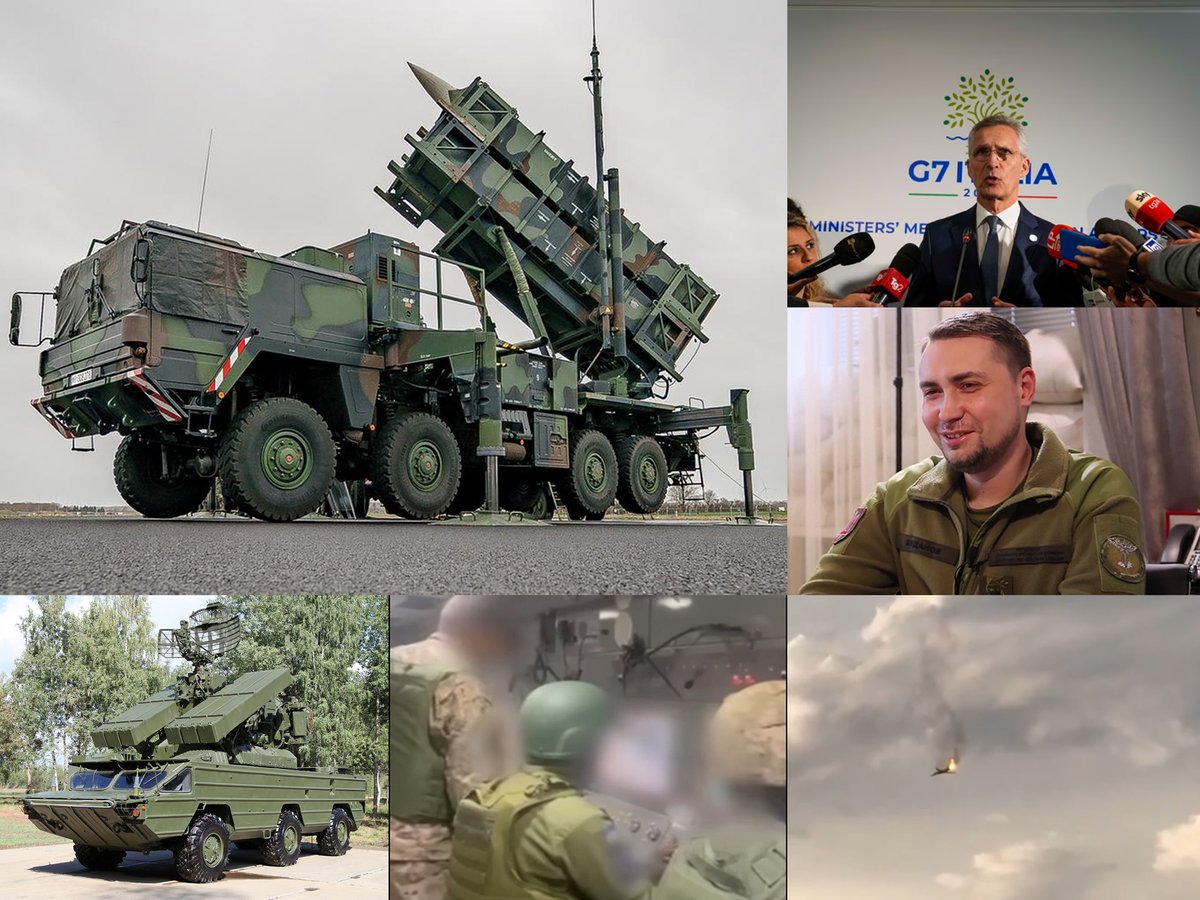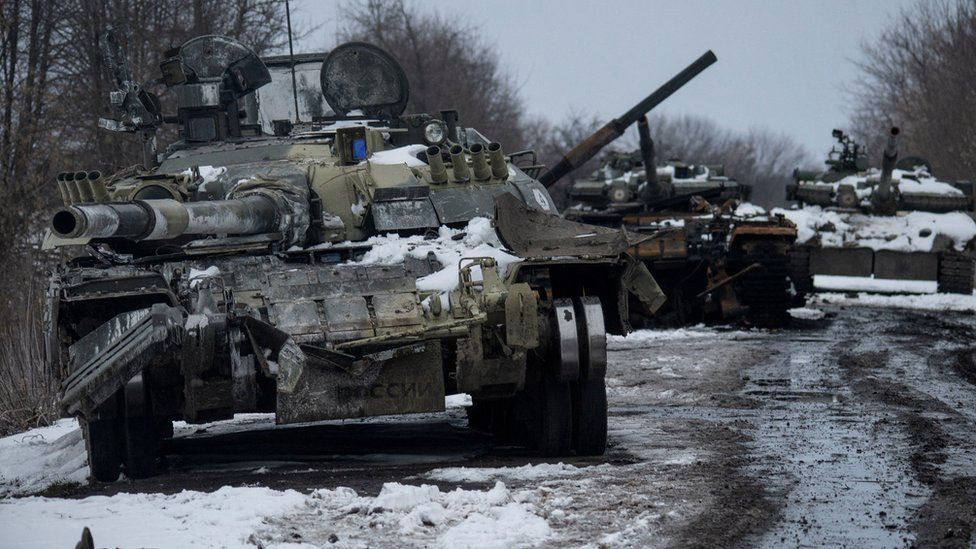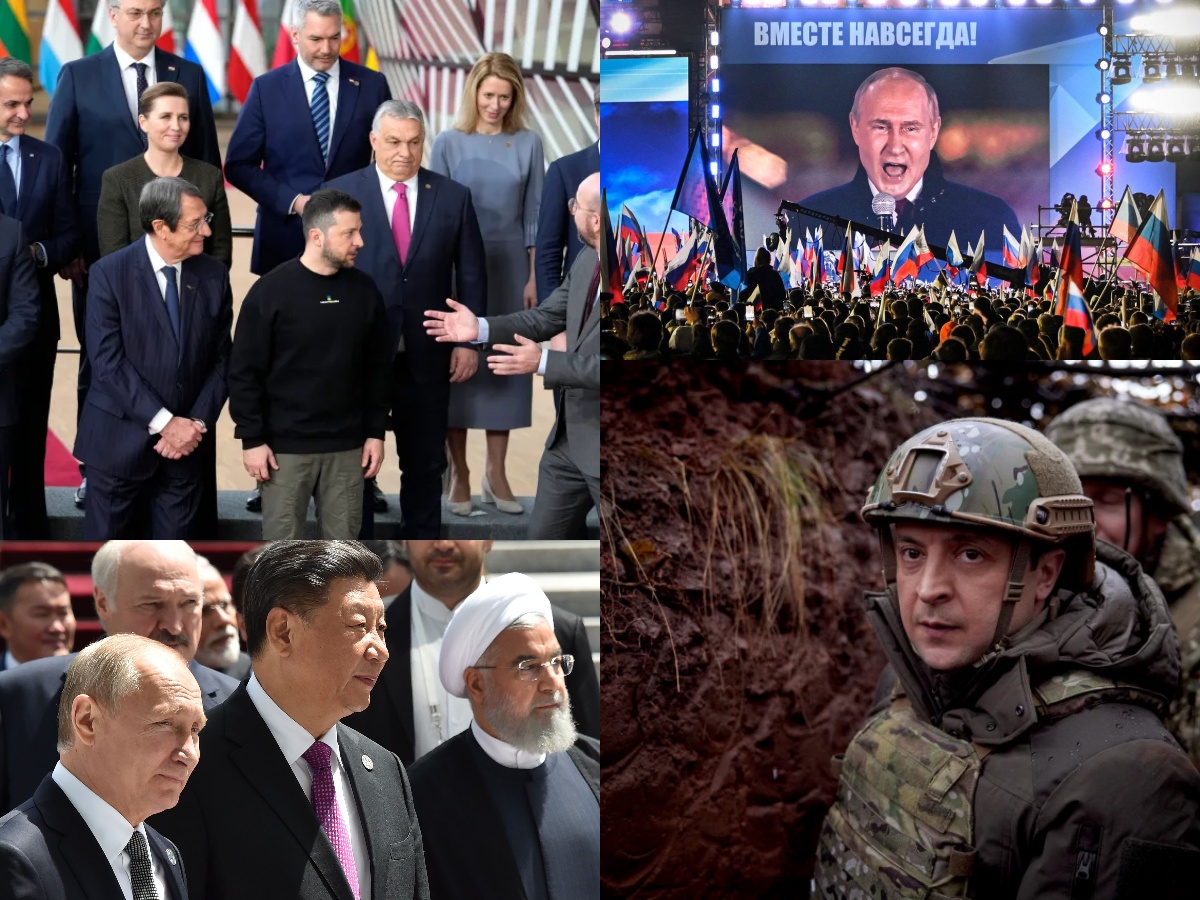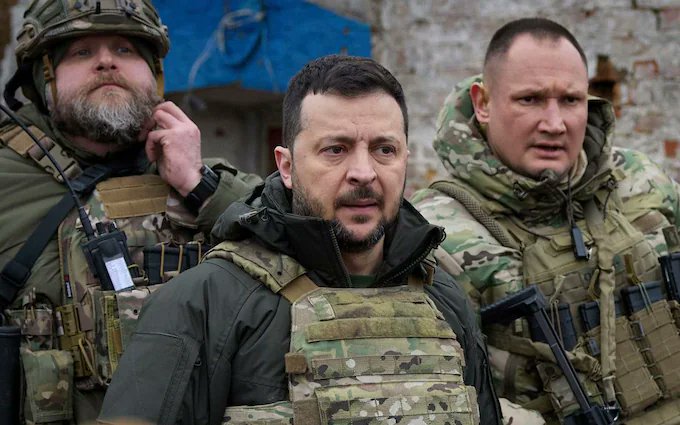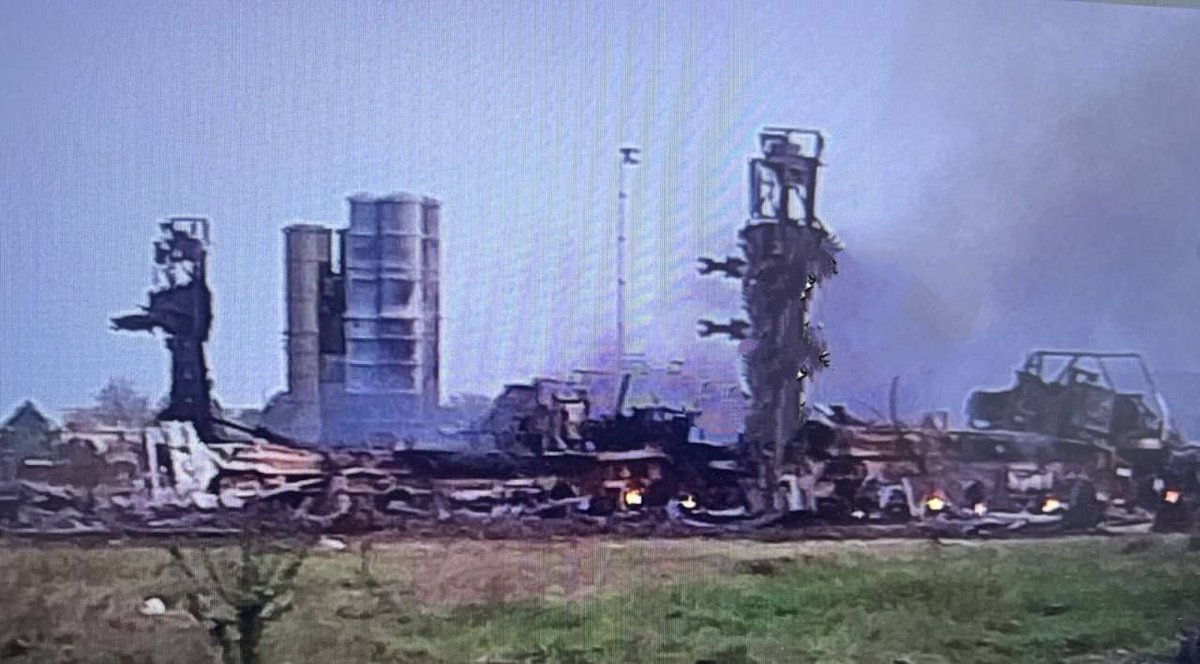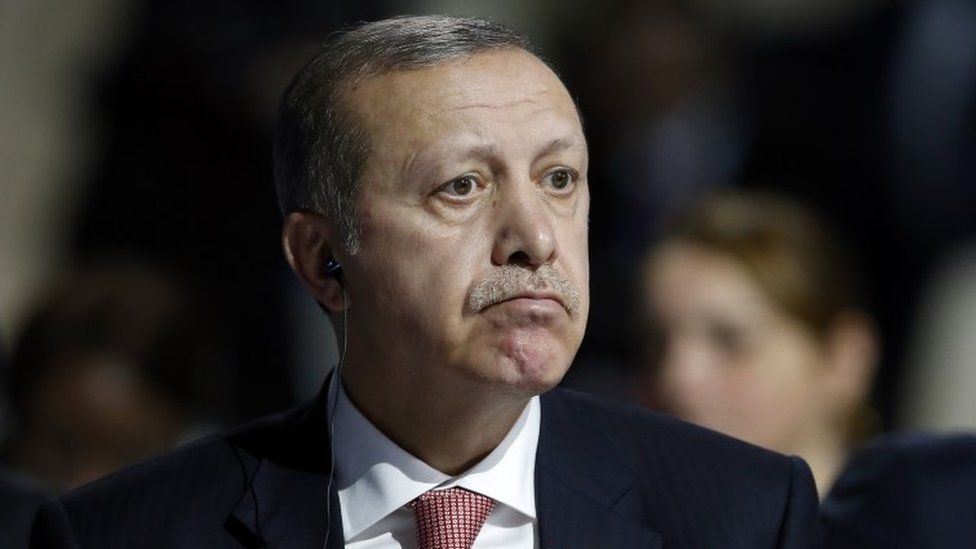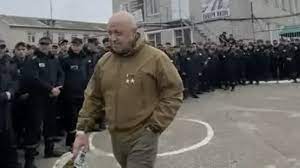With the decline in morale in the Russian army against the backdrop of huge losses and lack of significant success, it is pushing to resort to tactics of barrier troops, blocking units, or anti-retreat forces. The history of the use of such units actually goes back to
1/20
1/20
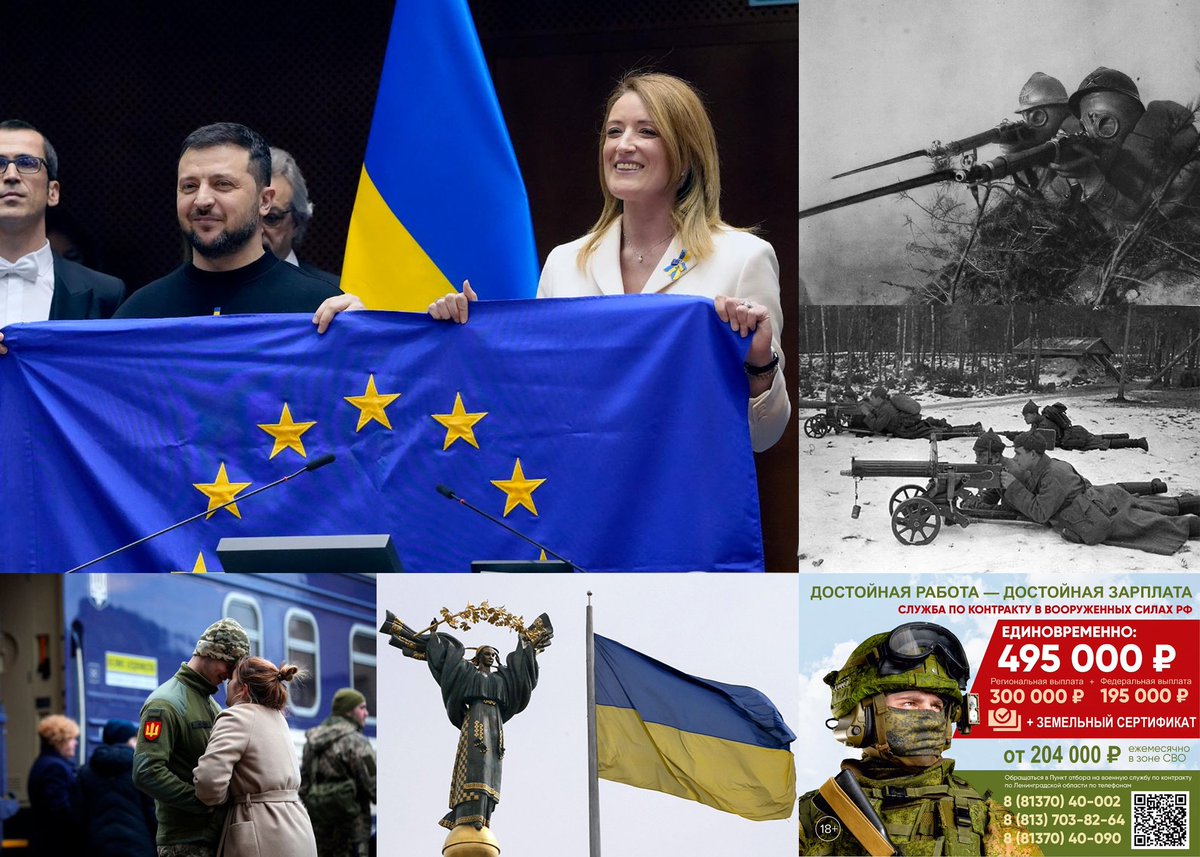
antiquity, when formations were created that in various ways prevented soldiers from escaping from the battlefield or retreating. For Russia, this tactic is also not new at all. The history of the use of barrier troops in Russia can be traced back to the tsarist army of
2/20
2/20
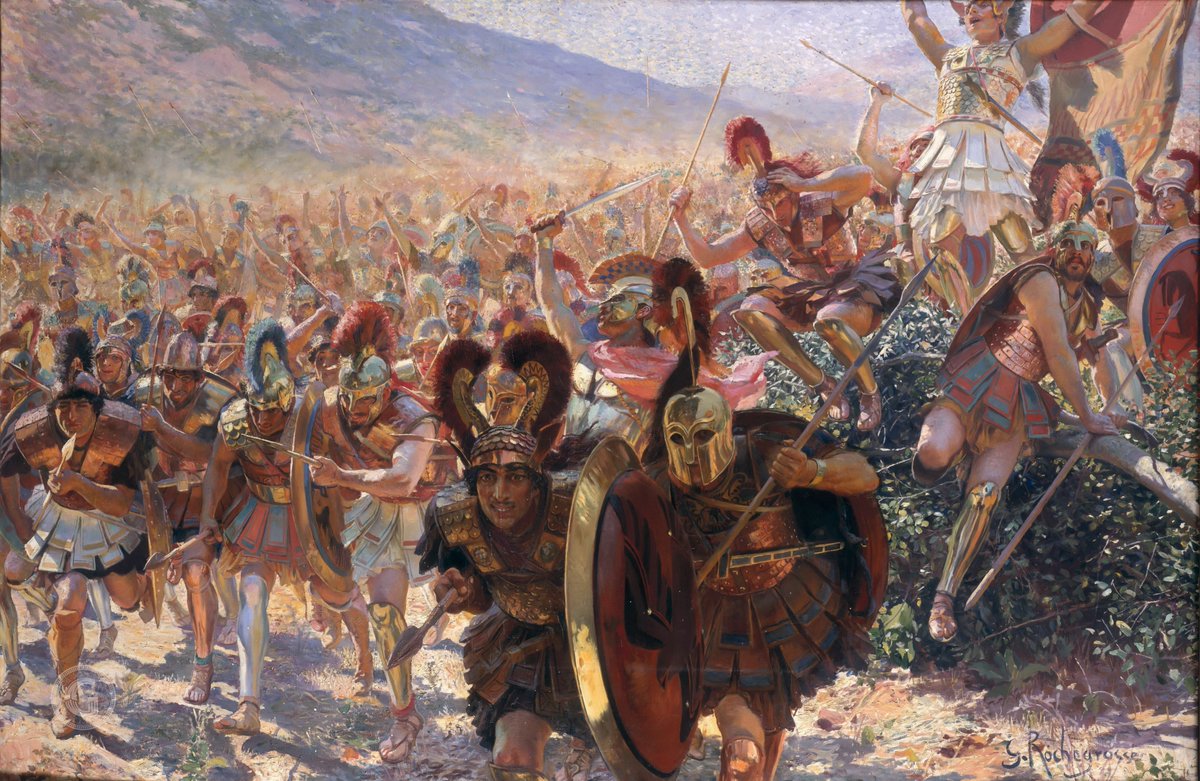
Peter the Great. This practice was then used during the First World War starting in 1915. Moreover, the order did not come from above, but it was the initiative of generals such as V. Smirnov and A. Brusilov. Even while commanding the 8th Army, he issued a decree that read:
3/20
3/20
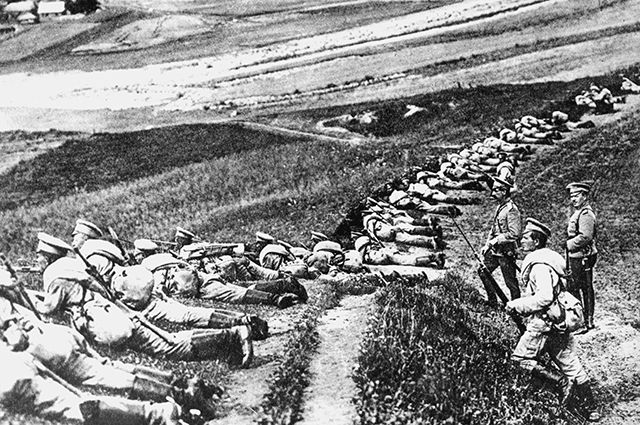
“You must have especially reliable people and machine guns at your back, so that, if necessary, you can force the faint-hearted to go forward. You should not think about the wholesale execution of entire units for trying to turn back or, even worse, surrender to the enemy.
4/20
4/20

Anyone who sees that an entire unit (a company or more) is surrendering must open fire on those surrendering and completely destroy them." By 1916-1917, the so-called "Battalions of Death" They had two functions - strike and barrier. Strike troops were supposed to lead
5/20
5/20

soldiers into battle, showing an example of courage, the barrier reinforced this courage by shooting deserters, but by the end of 1917, deserters began to gather in groups and resist. During the Russian Civil War of 1918-1922, barrier troops were used to protect food
6/20
6/20
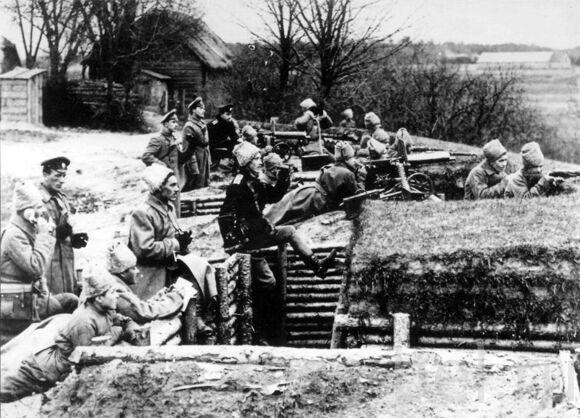
supplies. barrier troops were deployed in cities, at railway stations, piers, and highways. The creation of barrier troops took place in conditions of crisis, devastation and hunger, especially in the industrial centers of the country. In addition to barrier and requisition
7/20
7/20

units, barrier-requisition units were rampant throughout the Russian provinces, combining the functions of the two previous ones, and in addition to preventing peasants from exporting grain from the village, they were simultaneously engaged in searches and confiscation of
8/20
8/20

grain, livestock and other resources from peasants. Trotsky began to use barrier troops in his usual function in the civil war. Chapaev also used them in his troops. All this was hidden by the Soviets and became known only after the collapse of the Union. In 1929-1933,
9/20
9/20

barrier troops were used to suppress peasant uprisings and the unauthorized flight of the peasantry from collective farms and to prevent refugees from entering big cities and industrial construction sites, where many foreign specialists worked. The Soviets tried their best
10/20
10/20
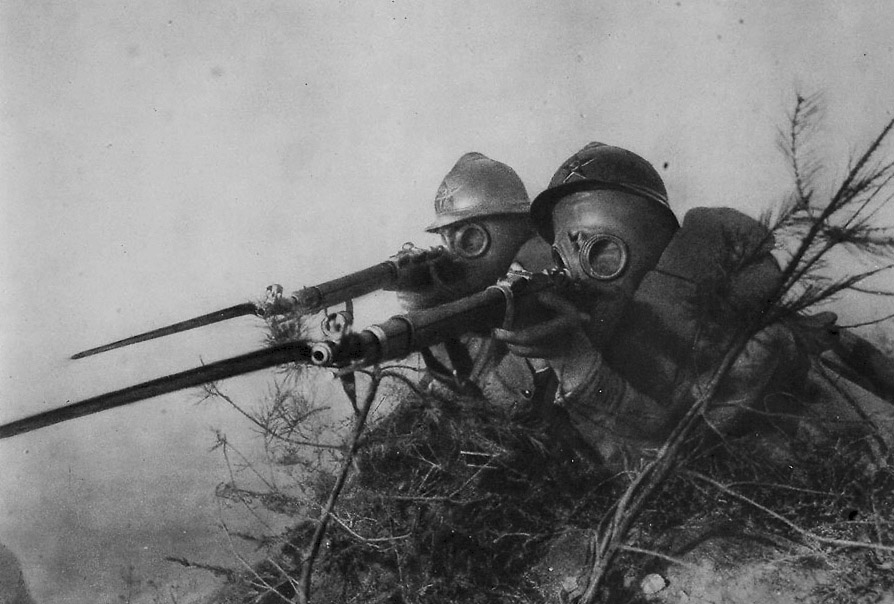
to hide information about the famine of 1932-1933 and kept the areas suffering from it under lock and key. After the Winter War with Finland of 1939-1940, the creation and use of barrier troops became an unwritten and undeclared part of Soviet military doctrine. Naturally,
11/20
11/20

the practice continued throughout the Second World War. Barrier troops were not only used by the Soviet Union. In general, all communist regimes created such units in the ranks of their armies. China, North Korea, Vietnam, even during proxy wars in Africa, as well as drug
12/20
12/20

wars in South America, the functions of barrier detachments in the armies of African and Latin American communist pro-Soviet regimes were performed by Cuban troops and Soviet military specialists. Barrier troops were deployed during the war in Georgia of 1992-1993 in the
13/20
13/20

ranks of the Russian army on the side of Abkhazia. During the war in Syria in 2014, such units were also created in the ranks of Bashar Assad’s Army. These functions, in addition to Assad’s soldiers, were performed by Wagner PMC. After the full-scale invasion of Ukraine,
14/20
14/20

Wagner continued this practice, sending prisoners into meat assaults. The death of Prigozhin put an end to Wagner, but not the barrier troops. The Storm detachments are now under the control of the Russian Ministry of Defense (I think it would be more correct to call it the
15/20
15/20

Ministry of Attack) and in order to drive crowds of prisoners forward, they continued this practice. This is a common practice among totalitarian regimes and their tactics are similar. When everything is based on fear and coercion, barrier troops will be used. Such regimes
16/20
16/20
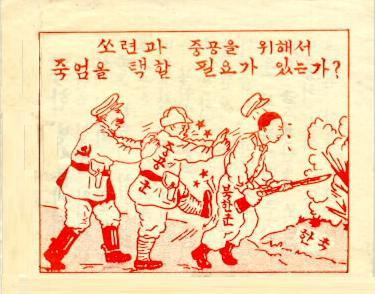
are only able to impose their power by force. There is no need to explain to the Ukrainian soldier why he is fighting.. He protects the Motherland, Family, Loved Ones. For 2 years, Russia has not been able to come up with a clear idea that would explain to its soldiers
17/20
17/20

why they are dying. They go to Ukraine exclusively for the promised money, and when they realize where they have ended up, they can no longer escape from there. In addition to detachments, pits, torture and other methods are used. Russian society is a society of slaves.
18/20
18/20

Throughout its history, it was based on the fear of torture and punishment. This is what they bring to any country they invade. Ukraine's struggle is not only a struggle for one's country and identity. The struggle of democracy against dictatorship.
19/20
19/20
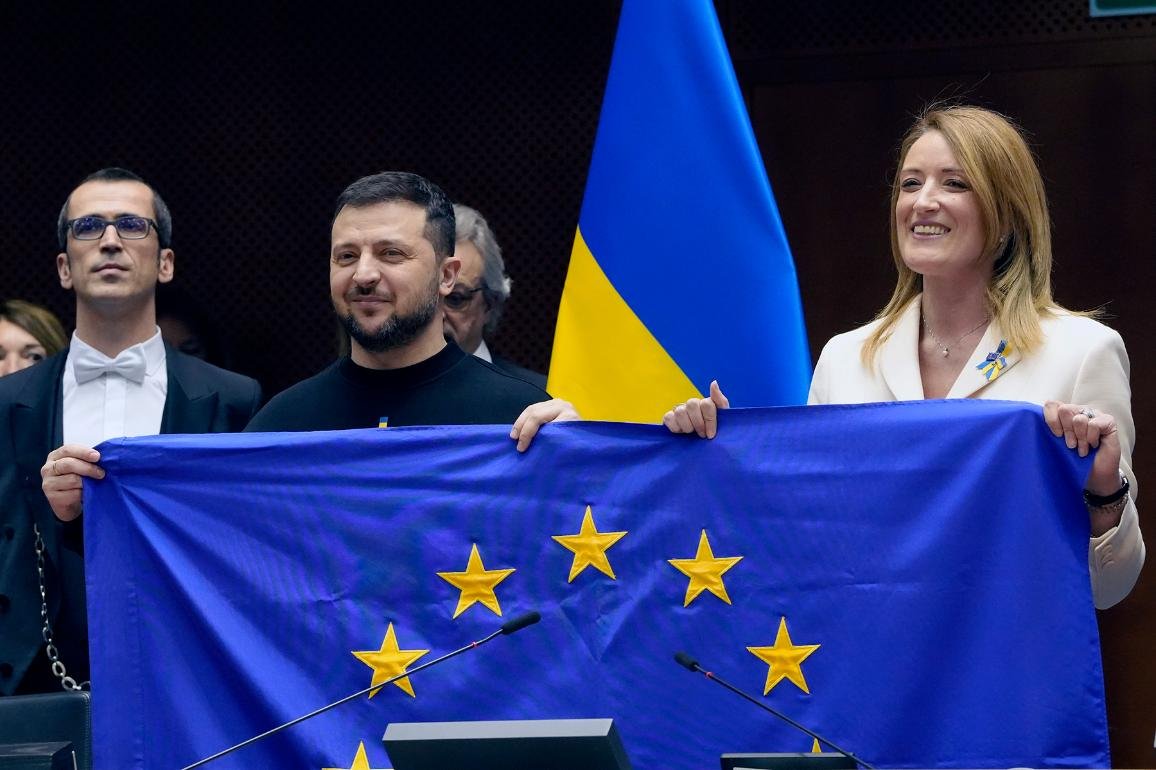
• • •
Missing some Tweet in this thread? You can try to
force a refresh



